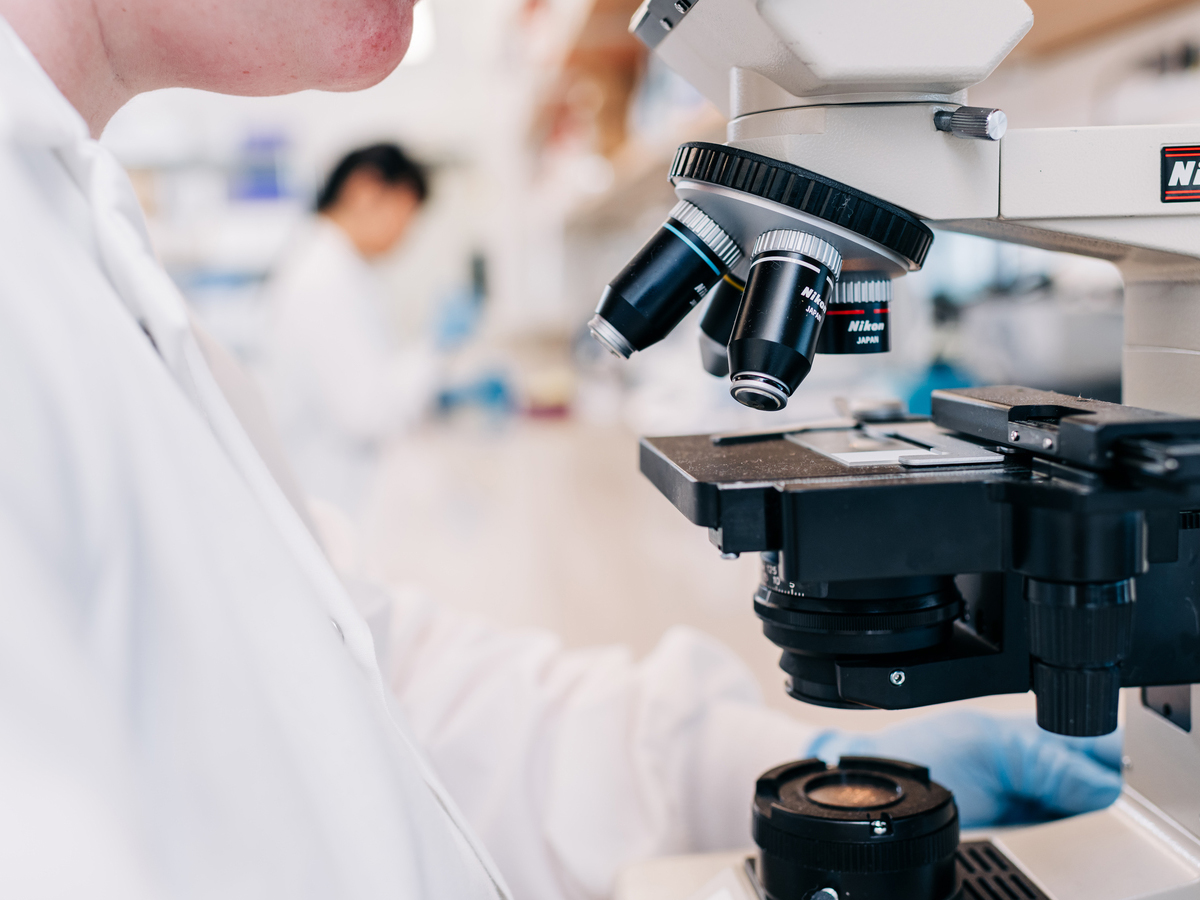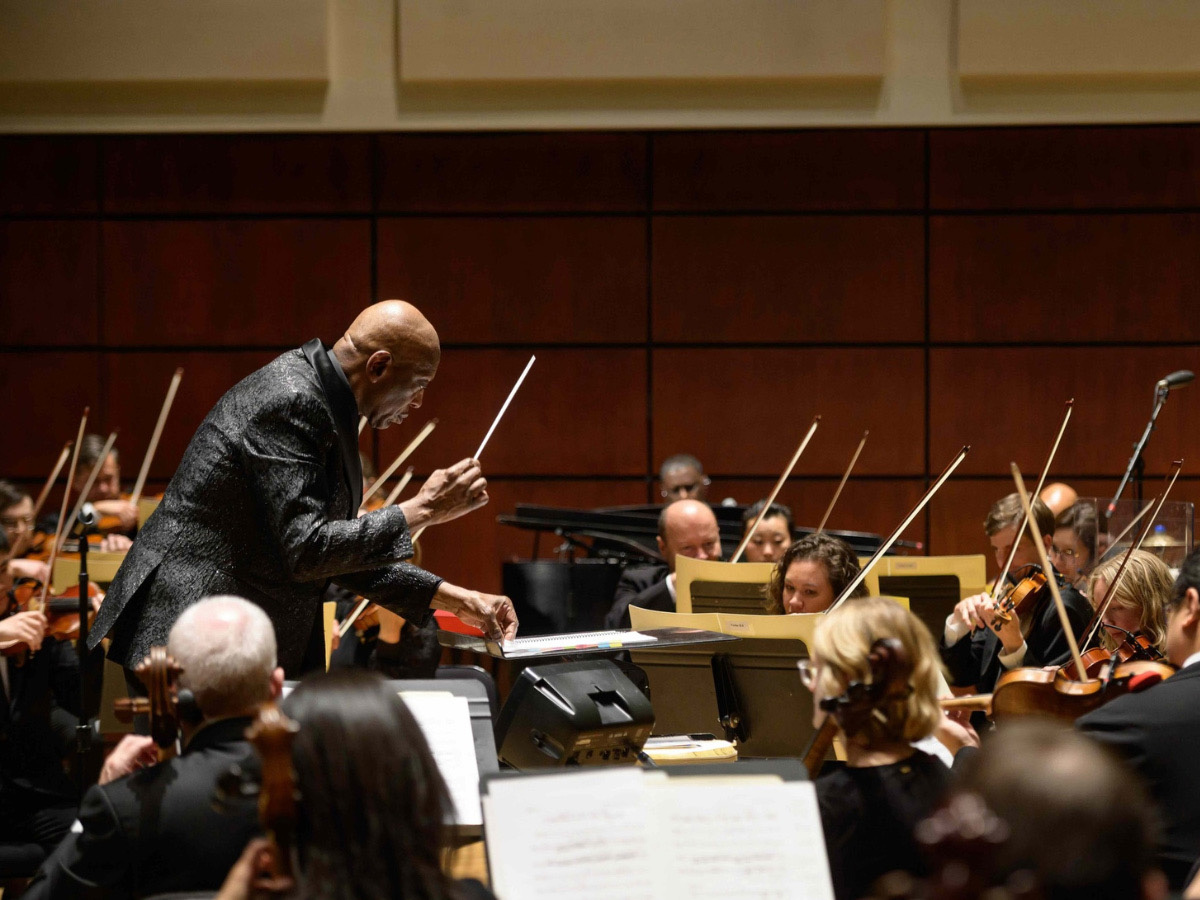This spring, Chris Callison-Burch, Ph.D., was in town to share an unusual approach to machine learning. This is one of the hottest topics in computer science: It is behind everything from Google’s self-driving cars to Apple’s Siri personal assistant.
Callison-Burch, an assistant professor at the University of Pennsylvania, is building a system that can automatically translate foreign languages into English — especially obscure dialects (from an American point of view) that can be of great interest to national security. He was in Birmingham at the invitation of Steven Bethard, Ph.D., a machine learning researcher and assistant professor in the UAB College of Arts and Sciences Department of Computer and Information Sciences.
In order to teach a computer to do something, Callison-Burch explained, you need to give it examples. Lots of examples. For a French-English translation, there are millions of sample texts available on the Internet. For Urdu, not so much.
Crowdsourcing Science: How Amazon’s Mechanical Turk is Becoming a Research Tool
Announcements
CAS News
August 31, 2015
More News
-
 Bacteria-derived protein source shows positive results for health benefits, potentially reducing cholesterolUAB researchers have begun testing on a bacteria-derived protein, and early studies show it could lower cholesterol and improve metabolism.
Bacteria-derived protein source shows positive results for health benefits, potentially reducing cholesterolUAB researchers have begun testing on a bacteria-derived protein, and early studies show it could lower cholesterol and improve metabolism. -
 Nov. 12-16, Theatre UAB presents “A Gentleman’s Guide to Love and Murder”A distant heir to a family fortune sets out to speed up the line of succession by using a great deal of charm, and a dash of murder, in this hilarious musical.
Nov. 12-16, Theatre UAB presents “A Gentleman’s Guide to Love and Murder”A distant heir to a family fortune sets out to speed up the line of succession by using a great deal of charm, and a dash of murder, in this hilarious musical. -
 Panion’s arrangements to be performed by London Symphony OrchestraTwo Richard Smallwood songs arranged by Henry Panion III, Ph.D., “Anthem of Praise” and “Bless the Lord,” are on the program for the Nov. 9 concert “Symphonic Gospel: Celebration.”
Panion’s arrangements to be performed by London Symphony OrchestraTwo Richard Smallwood songs arranged by Henry Panion III, Ph.D., “Anthem of Praise” and “Bless the Lord,” are on the program for the Nov. 9 concert “Symphonic Gospel: Celebration.”